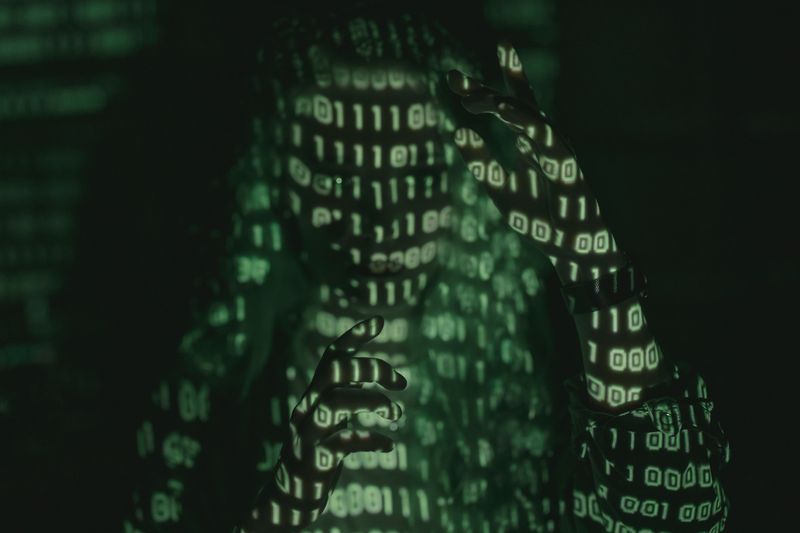Cyber Timothy Haugh nominated as next Cyber Command chief
Lt. Gen. Timothy Haugh has been nominated by President Biden to be the next head of U.S. Cyber Command and the National Security Agency. Haugh is currently the deputy commander and a Cybercom veteran holding multiple positions there. If he is confirmed by the Senate, Haugh would be the first Air Force officer to lead Cybercom. The first three commanders were Army, Navy, and Army, respectively.
Implications
Haugh takes the helm at a time when Cyber Command is continuing to mature and building out a program executive office as mandated by Congress. However, it also faces concerns from Congress and others on the readiness of the force. There have recently been concerns about the Navy’s contribution to the cyber mission force regarding readiness. Congress has ordered the DoD to conduct studies to evaluate how to alleviate issues. Conversations are also getting louder surrounding the possibility of an independent cyber force, something Haugh will likely face.
Security Concerns
With Haugh’s nomination, questions about internet security and defense policies come to mind. The U.S. Cyber Command and National Security Agency are both responsible for securing cyberspace and U.S. national security information networks. These organizations handle highly classified information, and it is essential that they are adequately protected to prevent information loss or theft.
In addition, with the growing number of cyber attacks, the incoming Cyber Command chief must also focus on ensuring cybersecurity for critical infrastructure, such as power grids, water treatment facilities, and transportation systems. An attack on any of these could cripple U.S. economic and social structures, leading to devastating consequences. It is imperative that under Haugh’s leadership, the Cyber Command prioritizes security policies and implements them effectively.
Philosophical Discussion
The appointment of Timothy Haugh as the next Cyber Command chief provides an opportunity to address underlying philosophical questions regarding cybersecurity. The primary concern for Haugh should be how to strike a balance between national security and individual civil liberties. Cybersecurity programs often involve surveillance, which raises concerns about privacy infringement. Haugh must ensure that cybersecurity measures are proportionate to the level of threat, and the privacy of citizens is respected.
Moreover, it is essential to acknowledge that cybersecurity is a global concern, requiring international cooperation to create effective solutions. It would be beneficial for Haugh to work with other countries to establish international cybersecurity regulations, including standard levels of cybersecurity training and guidelines.
Editorial
Timothy Haugh’s appointment comes at a crucial time as the cyber threat landscape continues to grow. The nomination of an Air Force officer as the head of the Cyber Command is a significant departure from the tradition of appointing Army and Navy personnel to the role. However, Haugh’s experience at the Cyber Command and his pioneering work at the Cyber National Mission Force make him the right candidate for the position.
In his tenure, Haugh must prioritize national security while ensuring that individual civil liberties are protected. Creating an independent cyber force that works separately from other branches of the military can be a possible solution. It would enable cybersecurity experts to focus solely on cybersecurity threats without taking into account other military obligations.
Advice
As Haugh prepares to take charge, it is critical that he continues to focus on building the Joint Cyber Warfighting Architecture to develop and build out the command’s capability, platforms, and systems. He must also prioritize readiness, given the recent concerns about the Navy’s contribution to the cyber mission force. Above all else, Haugh must focus on prioritizing cybersecurity policies and implementing them effectively. Additionally, Haugh must work on striking a balance between national security and individual civil liberties and work towards creating international cybersecurity regulations.

<< photo by cottonbro studio >>
You might want to read !
- The Danger of SuperMailer Abuse: A Bypass to Email Security for Credential Theft
- Aggregate Cyber Risk: An Essential Guide for Security Professionals
- Exploring the Implications of an Extensive Phishing Attack Conducted Using SuperMailer
- The Dark Reality of Human Trafficking and Cryptocurrency Mining Schemes: FBI Investigation




